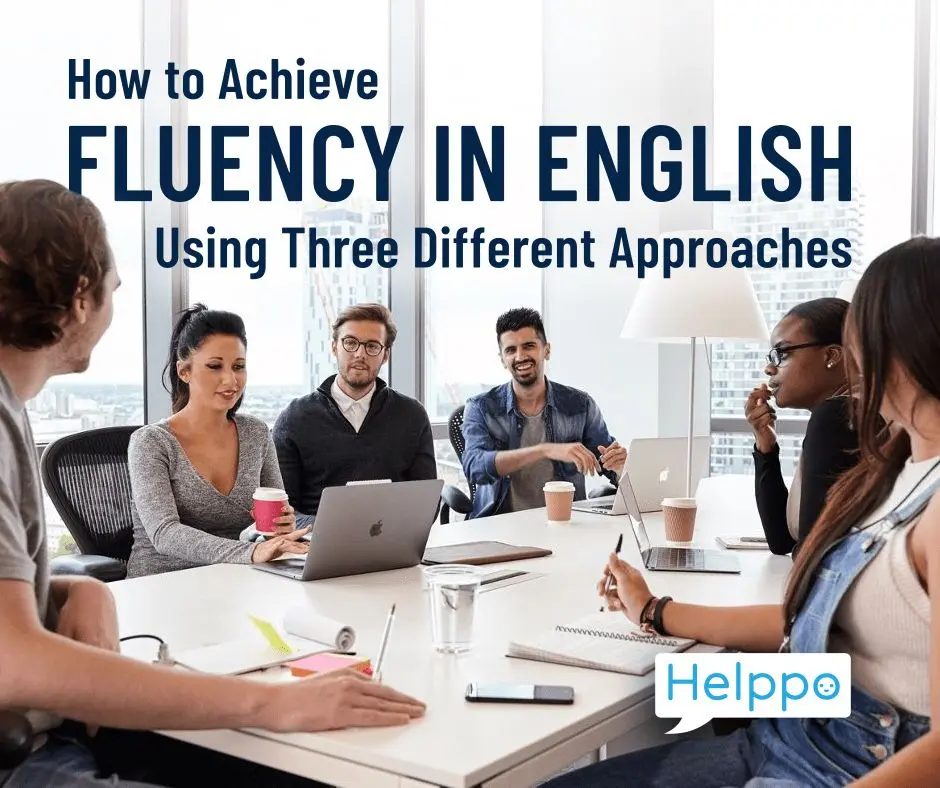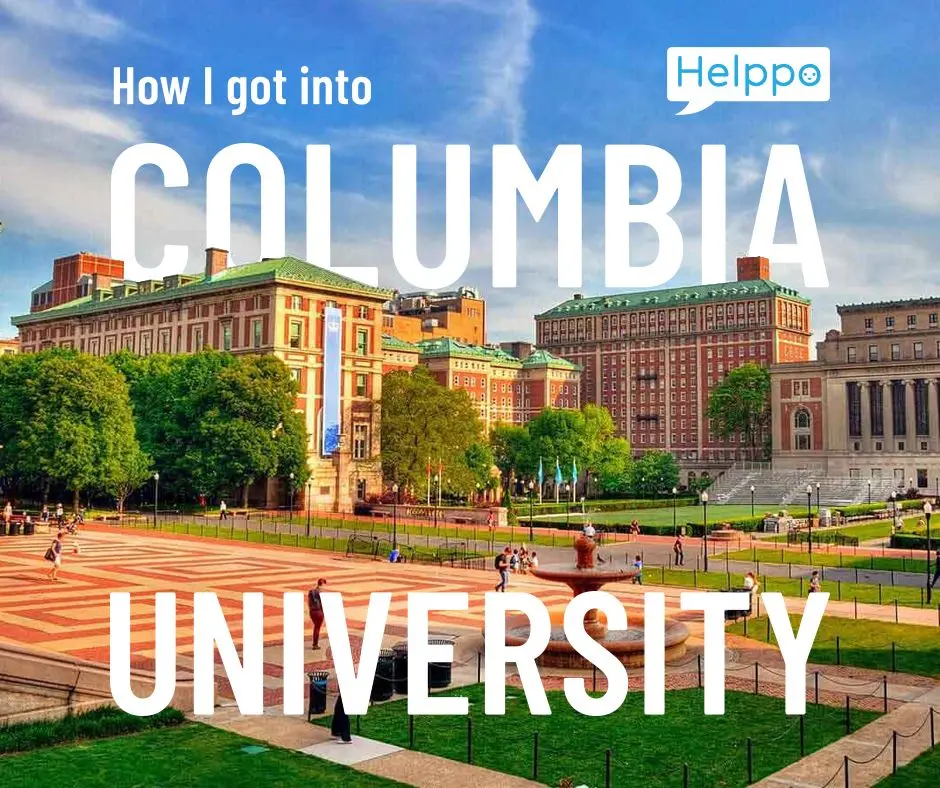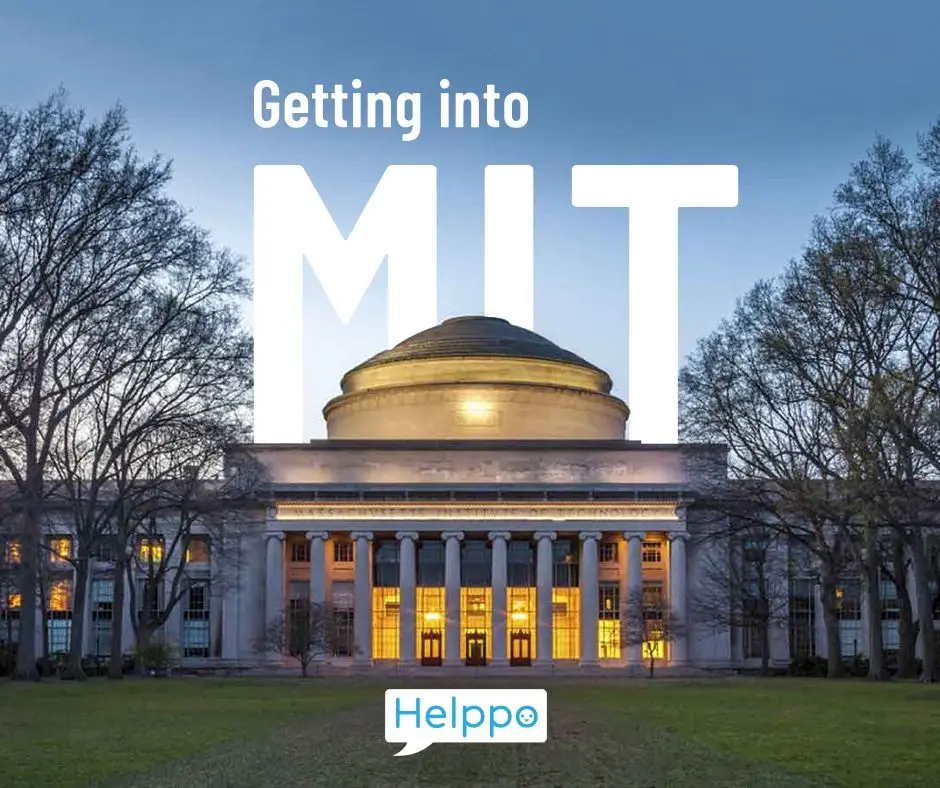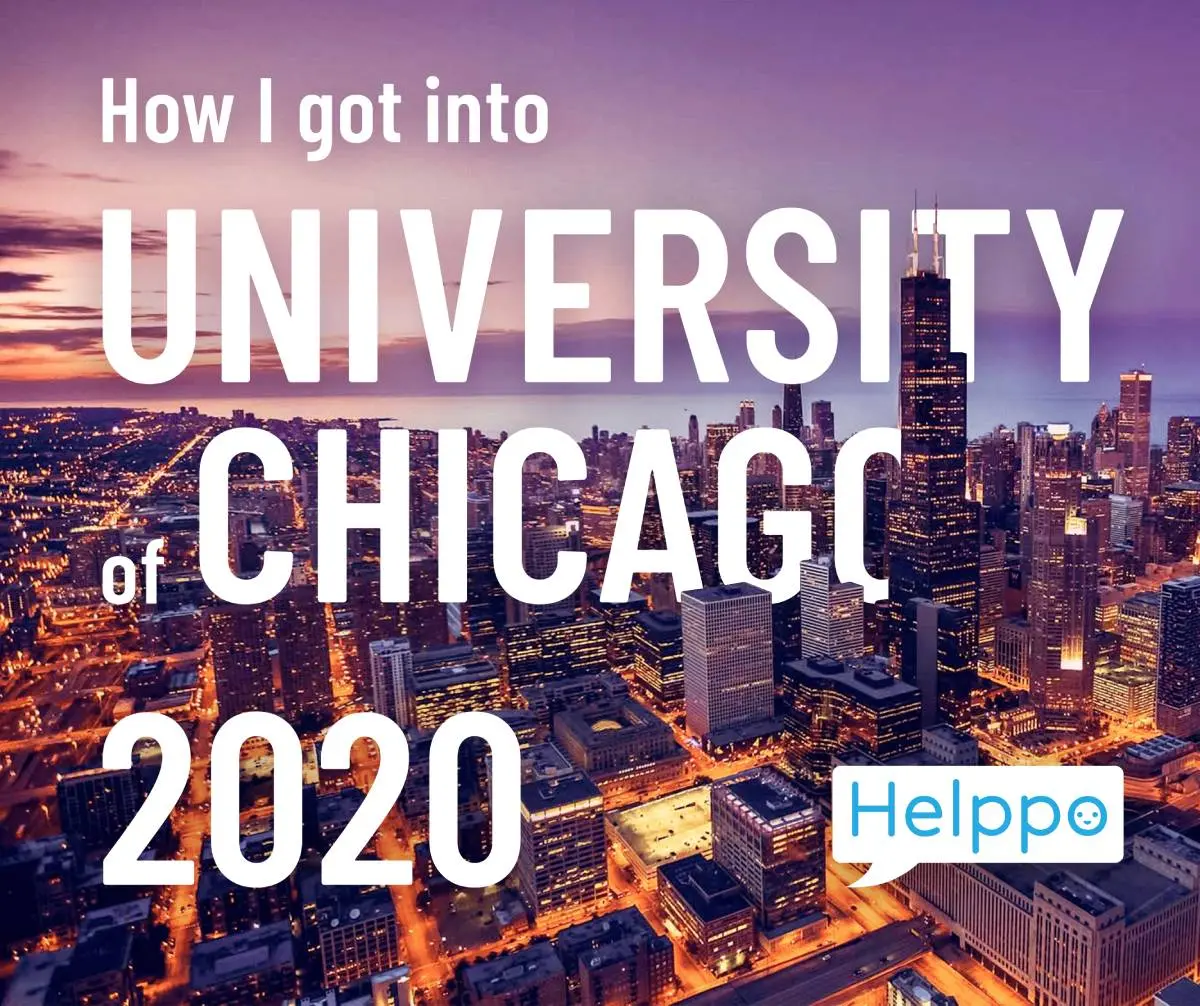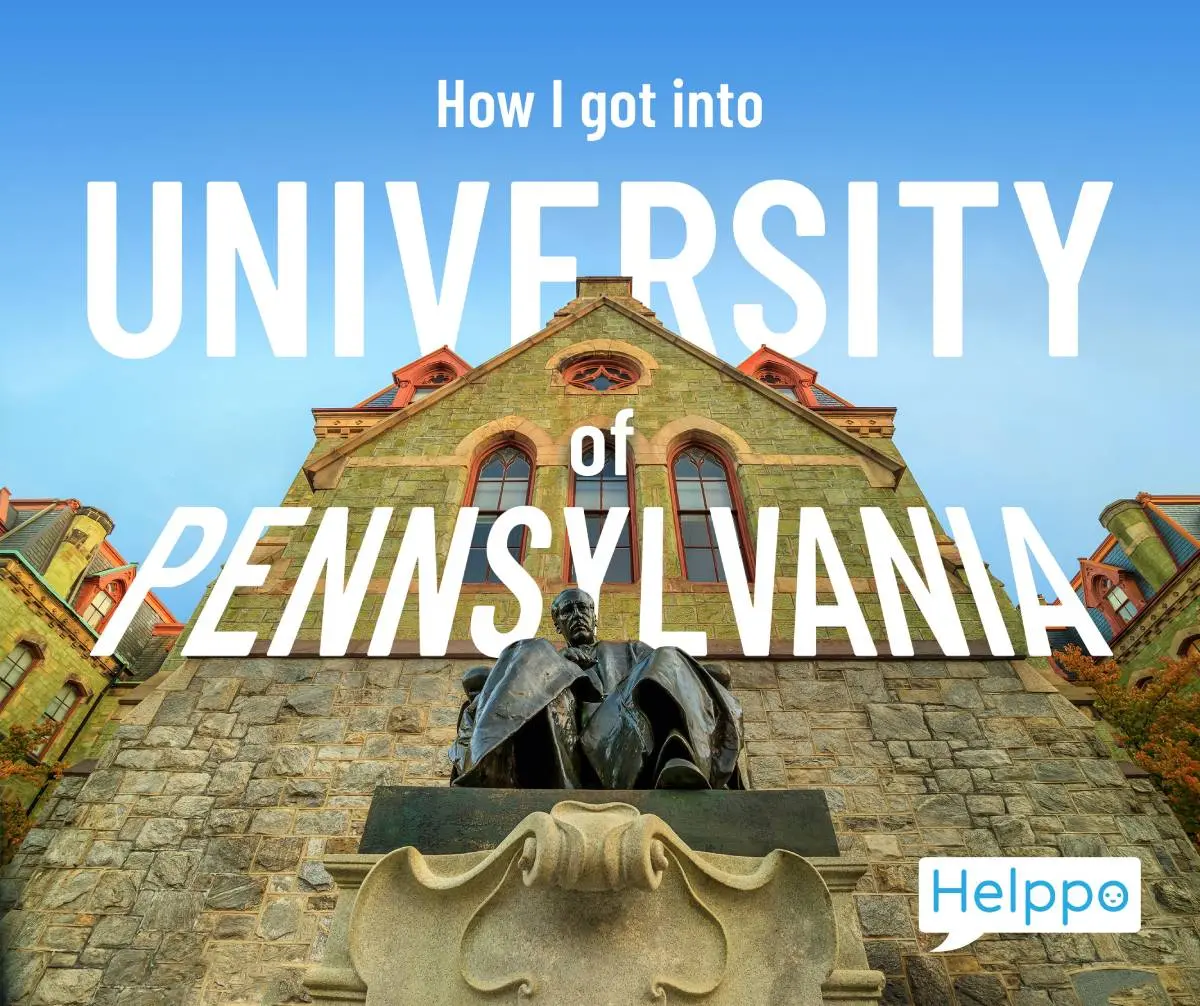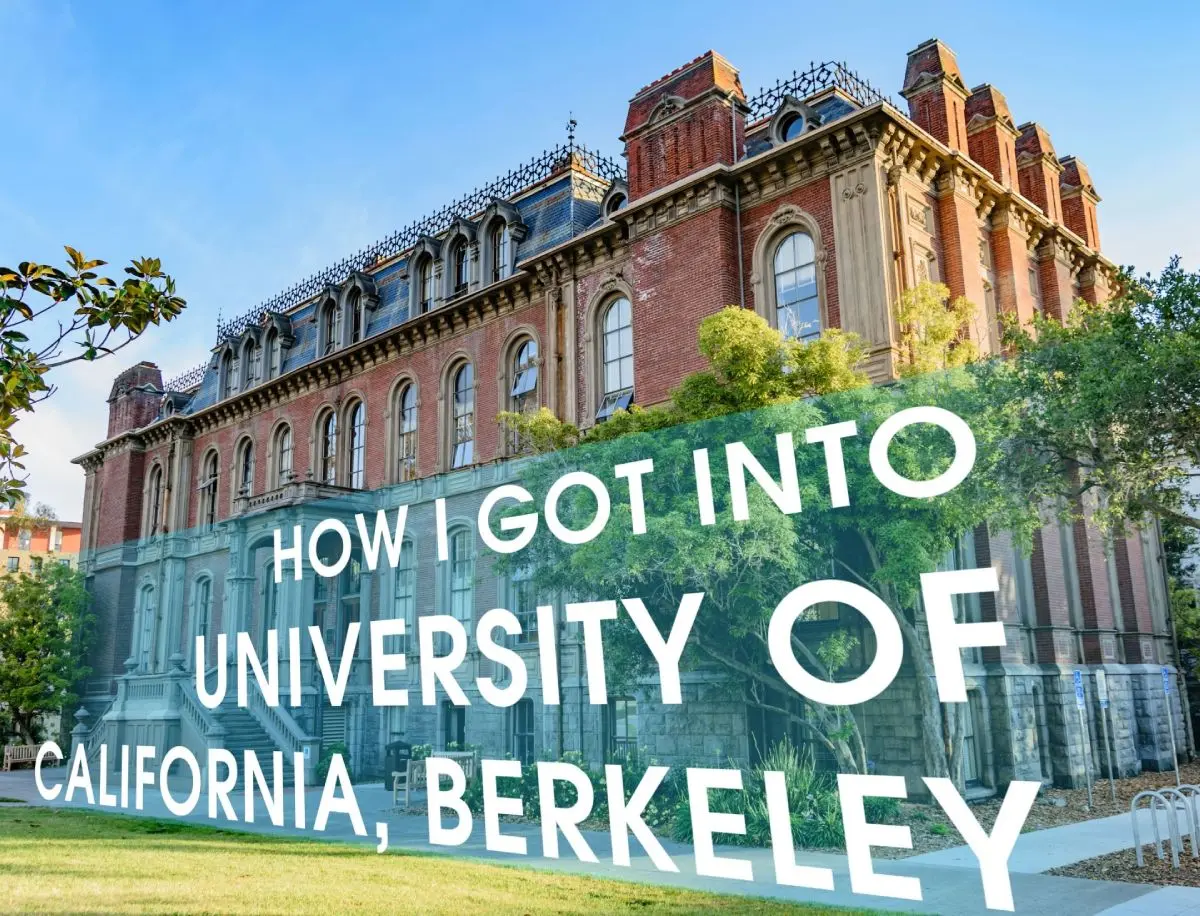High school to the University of Illinois at Urbana-Champaign
PUBLISHED SUN, JAN 11 2019
In high school, I did not know much about colleges because I was the first child in my family to go to college. I knew that I wanted a career in healthcare, so I knew that I needed to go to a good university, so I studied hard in high school and was involved outside of classes.
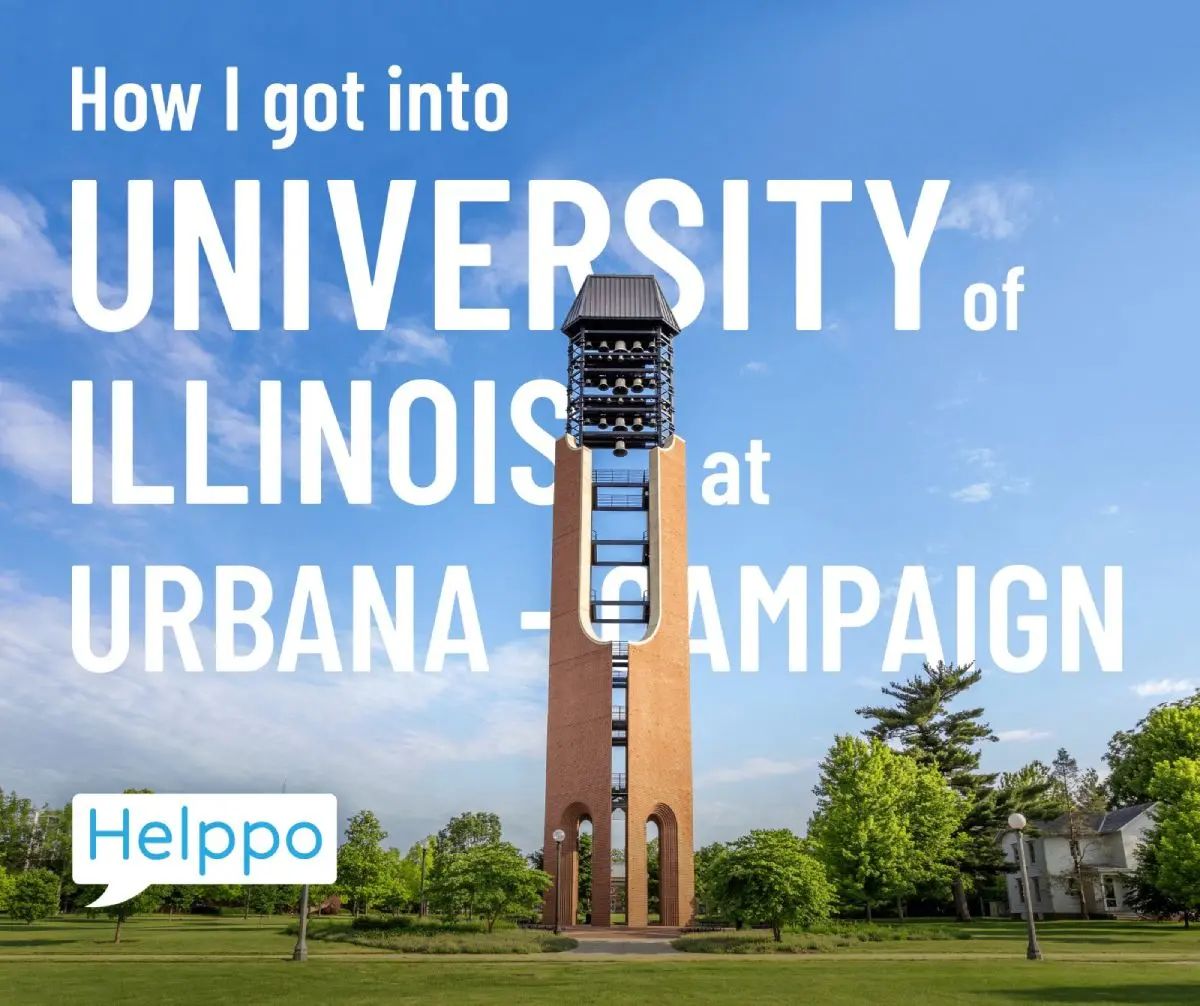
Academics
I studied hard in high school to get the best grades I could. I did my homework with friends when I needed more help and I worked by myself to study to ensure that I wasn’t relying on my friends to know the information. I boosted my resume by being on the math team and being on an engineering academics team. I went to state competitions for both of these teams and they helped me learn more about math and engineering that I would use later in college. I graduated as valedictorian of my 700-person class and I decided to apply to be University of Illinois at Urbana-Champaign for Biomedical engineering.
Extracurriculars
During high school, I made sure to supplement my academics by also participating in many other extracurricular activities such volleyball, soccer, taekwondo, gymnastics, and figure skating. By participating in these activities, I made sure that I was a well-rounded applicant for Universities. These activities also helped me learn how to manage my time well, which was probably the most important skill I learned in high school.
testing
When I took the ACT, I had not taken any additional classes or tutoring because I felt that the school was doing a good job exposing me to testing materials and strategies that prepared me well for the test. I received a 33 on my ACT. In english, I received a 36, math a 30, reading a 31, and science a 29. My english score was the highest because my english teacher gave us practice tests every week that we went over and talked about for the majority of class time. I also took 7 AP classes during my time in high school. I took Modern World History, United States History, Physics 1, English Language and Composition, Calculus AB, Physics 2, and Calculus BC.I received 5’s on Calculus BC, Calculus AB, English language and Composition, and Modern World History. For these classes, I utilized class time with my teachers at school and asked many questions to get clarification on topics I found confusing. I would also stay after school and come in before school to get extra help. I utilized online educational videos and resources to supplement my education in these classes
Applying to Universities
When applying to Universities, there will be many different essay questions that you need to answer. When I wrote these essays, I spoke my truth and wrote about what I felt was right, not necessarily what advice online told me to do. I wrote about how I wanted to help people with my career and how I wanted to learn more about the healthcare system because I think it is important to give back to society. What I think is most important is to write about something you are passionate about because the admissions committee will be intrigued if they can feel your excitement and passion when reading your essays.
Advice
Some advice for high school students would be to learn about potential colleges early in high school and learn about their mission statements and try to align your activities to support your interest in their school. I would also suggest looking at a wide range of potential careers that could interest you and try to figure out what you should focus on in school and throw yourself wholeheartedly into whatever career/interest that you are focusing on at the moment. Eliminating careers is also important so don’t be discouraged if you learn that a particular career is not right for you! I have learned that the amount of effort you put into something is usually the amount of success and happiness you gain from it, so make sure to find what you want through exploration and then put a lot of effort into it!
University of Illinois
During college, I learned that I didn’t want to be an engineer at a career because I wanted to have more hands on interactions with people and have a more direct impact on them. I found dentistry and knew that it was a great fit for me. Applying for dental school is competitive, and there are a lot of requirements that need to be completed before applying so I did many different things in my 3 years at the University of Illinois.
Academics
Each semester, I took rigorous course loads each semester while also doing many extracurricular activities including working for the University, doing research, and holding leadership positions. I graduated Summa Cum Laude (top 3%) of my class with a 3.98 GPA and graduated in 3 years with a Bachelor of Science in Chemistry and a minor in Molecular and Cellular Biology. To earn these grades, I studied for many hours every day and I went to the University’s tutoring centers for chemistry, math, and engineering.
Extracurriculars
To be competitive for Dental School, I needed to have many extracurricular activities. Just having a high GPA and Dental Admissions Test (DAT) score was not enough to be accepted. I worked at the recreation center for 1.5 years, at the engineering tutoring center for 2.5 years, as a teaching assistant for organic chemistry for 1.5 years, with the Women in Engineering group for 1 year, with the physics department for a semester, and at the University bookstore and arm museum for a semester. These jobs helped me partially finance my education as well as manage my time more and gain valuable experiences that helped me grow as a person. I believe that holding at least 1 job during undergrad is important because it helps develop a sense of autonomy and responsibility that could not otherwise be seen and, from my experience, students with a part time job earn better grades than those without a job.
I also held many leadership positions in the clubs I was involved in as well as in my Professional Engineering Sorority. Some of these positions include being on the Executive board for a Community Service organization, the Treasurer for a non-profit, a committee member of the Circle of Sisterhood which was aimed to empower women, among many others. These leadership positions further helped me develop my time management skills and efficient study strategies that allowed me to grow as a young adult and become a competitive applicant for Dental School. Some advice I would give would be to focus on doing activities that really matter to you and help you develop a sense of self. Applying to graduate and professional education after an undergraduate degree requires that you have developed specific interests, not that you have done many different activities just for the sake of having a long resume. I learned in undergrad that I was interested in helping people, empowering women, and developing supplemental education tools for students.
My best piece of advice is not a new one: If it’s worth doing - it’s worth overdoing! When you find something that captures your interest, it is important to wholeheartedly do it and put a lot of effort into it.
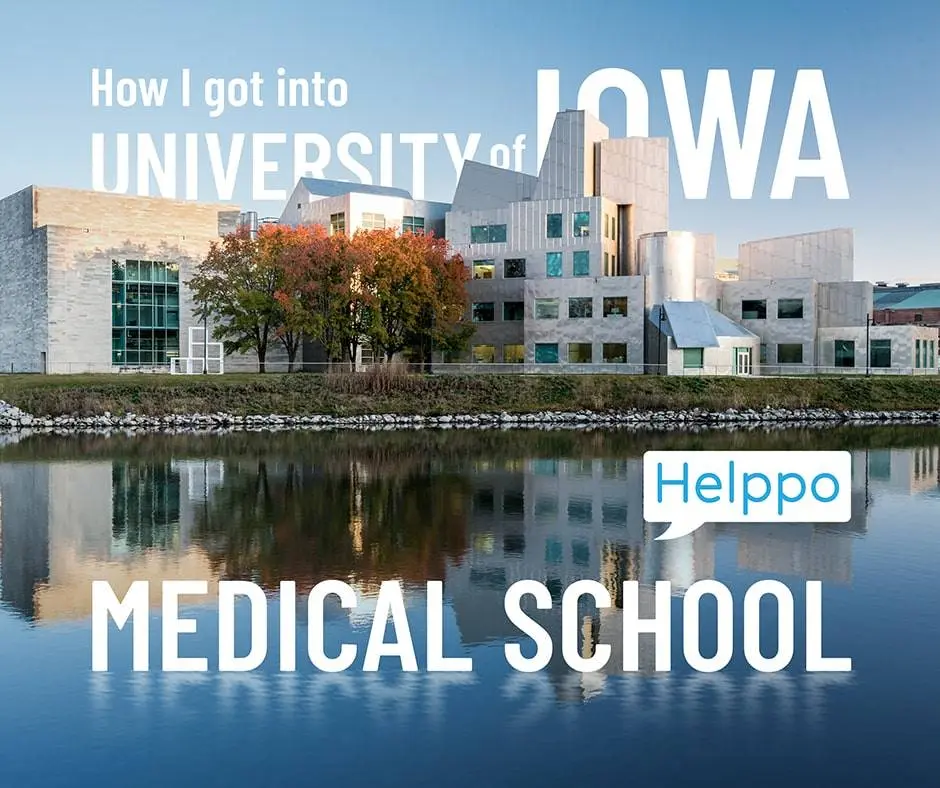
Applying for Dental School
When the time came to study for the DAT to get accepted into Dental School, I set aside 2 weeks and I studied for 8 or 9 hours a day. I scored in the top 2% of scores for the DAT, so this strategy worked well for me. Some people study for 4 or more months, so it really depends on how you best study what you should do for your test prep, which I believe is true for every exam. Studying for exams in undergrad to me meant that I would do many different practice problems if they were available, I would go to office hours as much as I could, and I would actively ask questions during discussion sections. Be your own advocate and don’t be afraid to have many, many questions.
When I wrote the personal statement for the application, I wrote about how I discovered dentistry and why I wanted to pursue dentistry as a career. Important points to think about when writing a personal statement or when answering essay questions are to address every aspect of the question and to write out the problem (if applicable) then address the problem, and tell what you learned about it and how you grew as a person.
